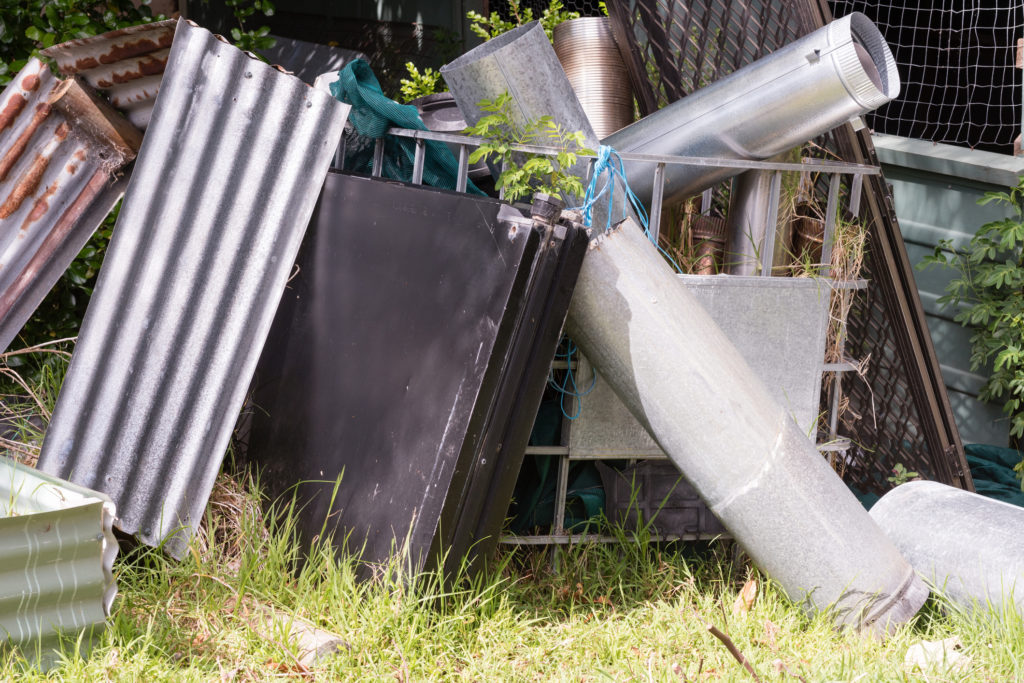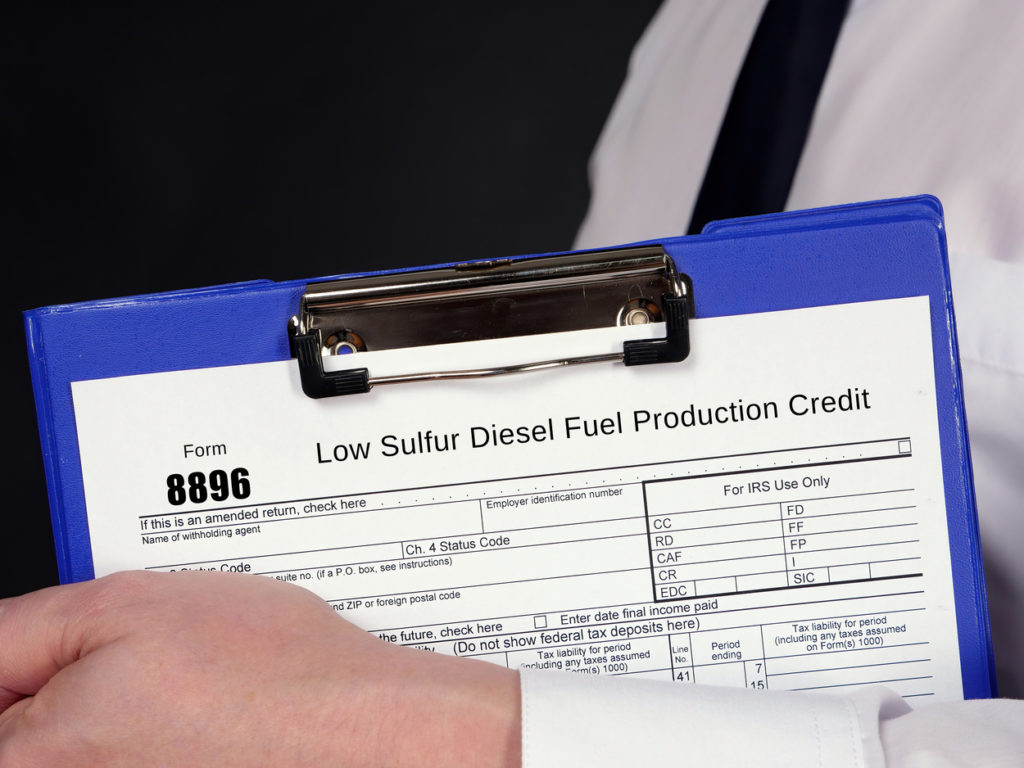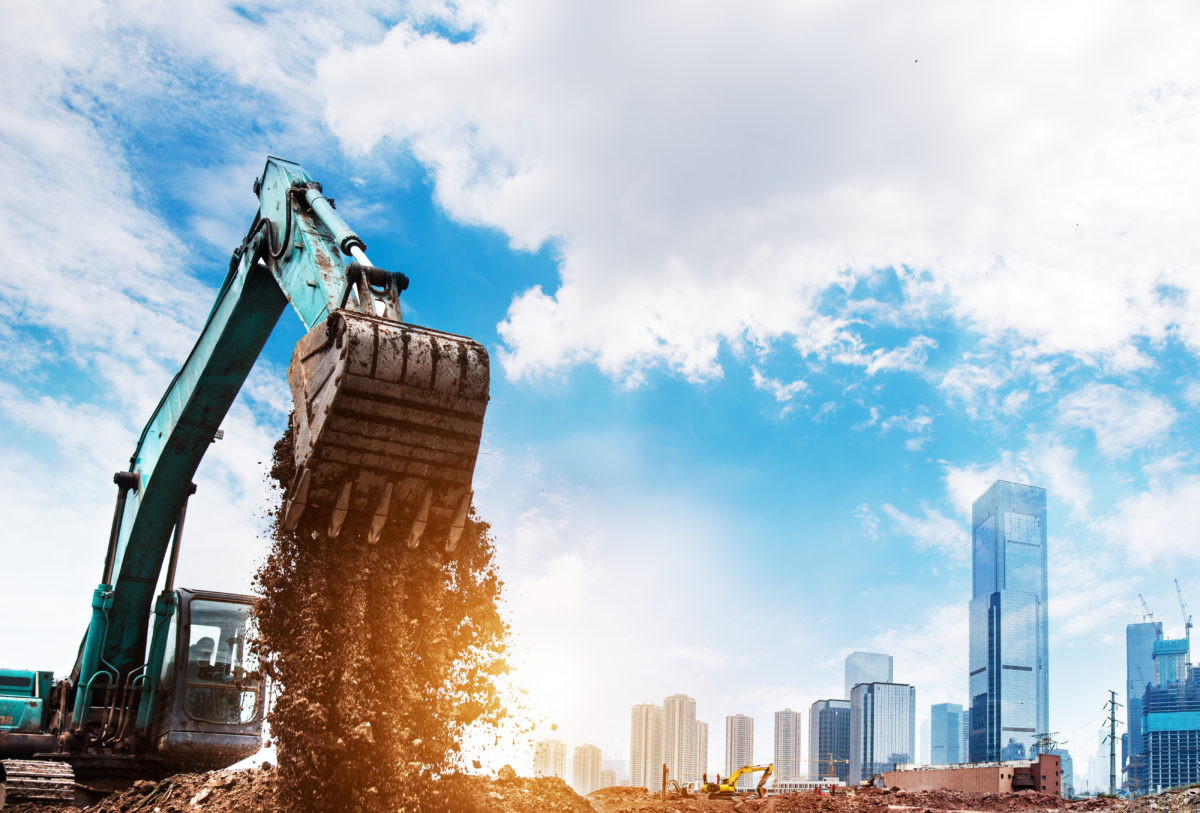Midwest Steel, a leading company in the demolition industry, has taken significant steps to promote sustainability and reduce its carbon footprint. Over the past five years, the company’s commitment to recycling and implementing environmentally friendly practices has yielded impressive results. This article focuses on Midwest Steel’s recycling efforts (such as recycling scrap metal) during their demolition services and their impact on reducing carbon emissions and promoting a more sustainable future.
Recycling Initiative for Scrap Metal:

Midwest Steel has made substantial progress in recycling scrap metal, resulting in significant environmental benefits. From 2018 through 2022, the company successfully recycled a staggering 254 million pounds of scrap metal. By diverting this material from landfills and reusing it in various industries, the company has effectively reduced its carbon footprint by over 100 million foot-pounds of CO2 equivalent. These efforts align with the data provided by the US Environmental Protection Agency (EPA) and the Institute of Scrap Recycling Industries (ISRI).
Apart from scrap metal, by converting virtually all of the concrete and masonry waste from its demolition services and operations into aggregate base course material, the company conserves large amounts of natural resources by keeping the waste out of traditional landfills. This material is used to support roads and parking lots.
Transition to EPA Tier IV Engines:

In a proactive move, Midwest Steel committed to replacing its entire fleet of diesel-powered heavy equipment with EPA Tier IV engines, surpassing the strictest emission standards years before any nationwide mandate was proposed by the US EPA. By adopting these advanced engines, the company has achieved remarkable reductions in particulate matter (PM) and nitrogen oxide (NOX) emissions, with reductions of up to 99%. This proactive approach demonstrates the company’s dedication to minimizing its environmental impact and promoting cleaner air quality.
Opting for Ultra Low Sulfur Diesel Fuel:
Despite meeting regulatory requirements, Midwest Steel has chosen to use the more expensive Ultra Low Sulfur Diesel (ULSD) fuel whenever possible for operating its heavy equipment. By combining ULSD with Tier IV engines, the company has achieved several environmental benefits. The use of ULSD has led to a substantial reduction in exhaust smoke by 90%, sulfur dioxide (SO2) emissions by 90%, and toxic aromatic hydrocarbons by 80%. Moreover, compared to Off-Road Diesel fuel, ULSD produces lower levels of particulate matter (PM) emissions by 20% and generates less waste oil. The company’s commitment to using ULSD showcases its dedication to prioritizing sustainability over cost-saving measures.

Improved Air Quality and Health Benefits:
By opting for Ultra Low Sulfur Diesel (ULSD) fuel in conjunction with Tier IV engines, Midwest Steel not only reduces harmful emissions but also improves air quality, leading to numerous health benefits. The substantial reduction in exhaust smoke, sulfur dioxide (SO2) emissions, and toxic aromatic hydrocarbons significantly minimizes the pollutants released into the air during equipment operation. This contributes to cleaner and healthier air for both workers on-site and the surrounding communities.
Reducing particulate matter (PM) emissions by 20% further enhances air quality, as PM pollution has been linked to respiratory issues and other health problems. By actively choosing ULSD, Midwest Steel reduces the potential health risks associated with exposure to high levels of PM.
Additionally, the use of ULSD results in less waste oil generation compared to Off-Road Diesel fuel. This reduction in waste oil aligns with the company’s commitment to minimizing environmental impact and waste production, further reinforcing its dedication to sustainability.
By prioritizing the use of ULSD, the company demonstrates its responsibility and concern for the well-being of the environment and the communities in which it operates. The decision to prioritize sustainability over cost-saving measures highlights the company’s commitment to making a positive impact and improving the overall quality of life for all stakeholders.
Conclusion
In conclusion, Midwest Steel’s sustainability efforts in recycling scrap metal, transitioning to EPA Tier IV engines, and opting for Ultra-low Sulfur diesel fuel have yielded significant environmental benefits. By recycling millions of pounds of scrap metal, the company has successfully reduced its carbon footprint and contributed to a more sustainable future. The adoption of advanced engines and the use of cleaner fuels have significantly reduced emissions, improved air quality, and promoted a healthier environment.
Thus, Midwest Steel’s commitment to sustainability sets a commendable example for the demolition services industry and emphasizes the importance of proactive environmental practices. Visit the Midwest Steel website to learn more about their services and accomplishments in the demolition industry!

